The views expressed in our content reflect individual perspectives and do not represent the authoritative views of the Baha'i Faith.
Racism retards the unfoldment of the boundless potentialities of its victims, corrupts its perpetrators, and blights human progress. – The Universal House of Justice, The Promise of World Peace, p. 3.
In this essay, I am going to share something that I am ashamed of—my lifelong journey dealing with internalized racism. This internalized racism is as ugly as the racism that spawned it.
As a child I remember wishing I were White so my life might be easier. In boarding school, I wished that my skin was fairer, because I understood, even as a child, that this somehow meant better looking and resulted in better treatment. As a teenager, now out of boarding school, I like all the other Indian boys wished dearly for a White girlfriend, as these were seen as the most beautiful. But I also saw that the White girls would never consider us Indian boys. There was a hierarchy of sorts, with girls that were sought after. Everyone knew it but it was unspoken. The White girls were the most worthy, then there was the good-looking fair-skinned half breed girls, then after that the good-looking Indian girls, and amongst the Indian girls, the more fair they were the more pretty. It was the same for the boys.
 If an Indian boy ever had a White girlfriend, he was very proud and the other Indian boys envied him. Again, this was the same for the Indian girls and their choice of boys. I saw that a White boy could come and take a beautiful Indian girl, and it would be relatively easy under this scheme of things. The Whites could get our most beautiful girls, but we Indian boys had no chance at a beautiful White girl.
If an Indian boy ever had a White girlfriend, he was very proud and the other Indian boys envied him. Again, this was the same for the Indian girls and their choice of boys. I saw that a White boy could come and take a beautiful Indian girl, and it would be relatively easy under this scheme of things. The Whites could get our most beautiful girls, but we Indian boys had no chance at a beautiful White girl.
I think I was 13 or 14 years old, when I realized all this, and realized its deep racist roots. As I thought about it, I determined not to take part in this unfair and insulting hierarchy. I resolved to never date a White girl, because I thought that she only wanted to date me because she could not get a handsome or well-off White boy.
As an adult, I learned it was much the same way. I would see Indian men brag about dating a White woman and they often thought they were better than the other Indian men. When an Indian man became successful, there would be a White woman on his arm, as if now he was good enough for a White woman. I saw that this happened with a lot of professors and other educated Indian men.
As a teenager, I began thinking differently than this. I thought to myself, “if and when I am ‘successful,’ I will marry only an Indian woman, because she has suffered all of the same hardships and oppression that Indian people have. If I’m successful, I want to share that with someone who has had to face these difficulties of racism and oppression, too.” It seemed unfair to share any success I had with a White woman, who already had a fair amount of privilege, and did not live with this same internalized racism and oppression.
As I had worked on my internalized racism at a very young age–and I worked with fierce determination upon it–I still did not trust that I had eradicated it within myself. I found myself thinking that White women were better than other women of color. I would not date a White woman or marry one because I thought it would be unfair to her, if I was only choosing her because of this internalized racism which made me think that White women were the most beautiful of all, just because of her White skin.
You see I knew this was false thinking. What if I married her and then at some point down the road, this falsity became clear? Then what would that relationship have to possibly stand upon, when it was built upon falseness and untruth?
Today I still work very hard on this internalized racism inside myself, and I am free from it to some extent. Some days I think I am doing pretty well, then “boom” out of the blue, I see it within me again, or become aware of another new facet of it that I hadn’t realized before.
Internalized racism is the exact mirroring of racism, and racism is the superiority of the White race over people of color. In my case, what racist White people think of Indians reflected itself back into what we think of ourselves–that we are not good enough, not smart enough, lazy, stupid, or somehow just unworthy. This internalized racism cripples one’s development as a human being. I thank God that through prayer, much effort, and painstaking honesty with myself I have found some freedom from it. It is this freedom from internalized racism that I try to share with others, so they too can be free.
When I speak of racism or internalized racism, I sometimes get attacked by White people who try to unconsciously keep racism going; and from people of color who try to hide from their own internalized racism. You see, we are ashamed of this internalized racism, and we don’t want anyone to see it, probably because it is so crippling and controlling:
All prejudices, whether of religion, race, politics or nation, must be renounced, for these prejudices have caused the world’s sickness. It is a grave malady which, unless arrested, is capable of causing the destruction of the whole human race. – Abdu’l-Baha, Paris Talks, p. 146.
I have tried to raise my children so that they might be free from the terrible influence of internalized racism. I have raised them to be proud of who they are as Indigenous people, with a spiritually powerful culture that is really second to none, and that will someday shed its light on the whole world. With such a culture within them, they can go anywhere in the world, in any endeavor, and stand shoulder to shoulder with anyone. They can, in fact, be even more successful because of the strengths of their culture and who they are as human beings.
You May Also Like
Comments



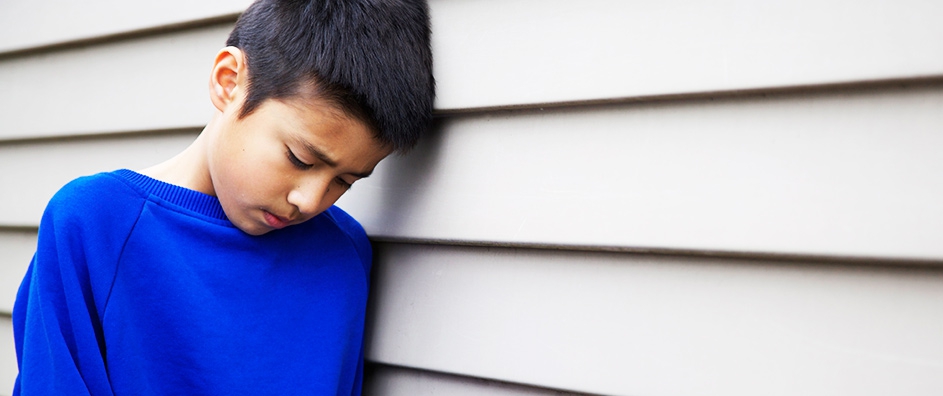
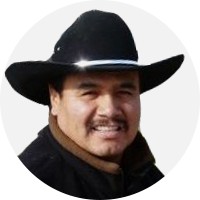
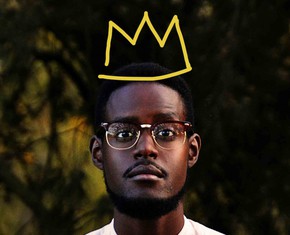
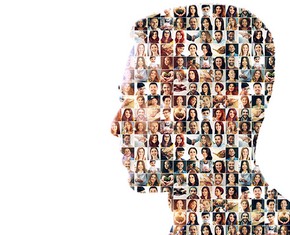
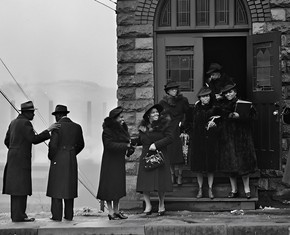









Stop holding white girls in contempt. Maybe they can pick up on it and don't want to date you...
meant for a long time) and in this way I understood the pain of prejudice. Time went on and even though I often told people I was Dutch so that I did not face the wall of prejudice I slowly got over it and even became proud of my roots. But when the color of your skin screams out....NOT WHITE... how ...can you ever get over the pain. We have a long way to go to learn equality of ALL.